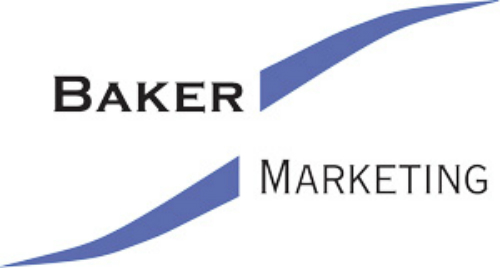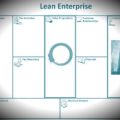Build, Measure, Learn is the Lean Startup mantra. You build an experiment, which results in a minimum viable product. Then you measure the results obtained from your experiment in your market. You learn from these results and decide whether to follow your initial strategy or pivot. The more you repeat this cycle, the more you learn and become efficient at doing it. It sounds pretty simple.
It is actually pretty simple if you apply Lean Startup at the start-up phase. You will acquire the necessary skills and tools as you grow. The culture needed to optimize the build, measure, learn methodology will develop naturally as the organisation evolves. The level of difficulty increases significantly however when you try to implement the Lean Startup methodology in an existing organisation, especially one that doesn’t have a scientific background.
Build
If an existing organisation has the necessary culture and processes in place to accommodate lean startup (this is still a huge if outside of Silicon Valley), building an experiment is usually not a problem. It requires creativity, design thinking and the capacity to get things done outside the box, all of which can be found in most organisations, whatever their size.
Measure
The measuring part gets a bit trickier as it requires analytics as well as market research knowledge and skills that are not as readily found in most organisations.
Learn
This is often where implementing Lean Startup will run aground. The learning part is much more difficult and, in many cases, simply unattainable for existing organisations.
First I’d like to make a distinction between individual learning and organisational learning. In the first case, I’m referring to the learning process of a person. Individual learning, in a work context, often entails replacing existing knowledge with different or more current one. This requires cognitive skills that are more complex than simply acquiring completely new information. Resistance to change mechanisms, amongst others, kick in and make learning more difficult.
In the case of organisational learning, I am referring to the collective memory of an entire organisation. It also pertains to its capability to render all of its accumulated information accessible to anyone who needs it, whenever it is needed, it in a format that is actionable. It can be referred to as business intelligence, information systems or big data.
The challenges with organisational learning, are that not only does it require a corporate culture that values (and invests in) input, output and constant use (by learning and acting on this knowledge) of the information, in larger or older organisations it also requires sophisticated tools, highly specialised training of an important number of resources as well as an entire IT support infrastructure. Unless your organisation has this culture from the outset and gradually builds the skills and tools needed, it is difficult and costly to implement once you are in activity.
Hence existing organisations have a very hard time learning from their experiments and reaching higher levels of efficiency in the build, measure, learn process.
Why would an organisation put itself through such a costly and difficult process? The answer from organisations from organisations that have done so is loud and clear. It is highly profitable. Companies that have started to make information more available to their employees report:
- Faster and freer information sharing between employees
- Better control of internal risks and operation efficiency
- Increased collaboration between business units
- Better response to market opportunities and threats
Amongst many other[1] benefits which translate into higher profitability. If a feasibility study (which not only includes potential revenues but potential losses as well) doesn’t currently show sufficient returns to implement a culture of learning (in most competitive industries it will), make sure to update your data and recalculate your anticipated ROI on a regular basis. Positive results will emerge in the near future.
[1] Source : Economist Intelligence Unit : The virtuous Circle of Data : Engaging Employees in Data and Transforming your Business. – January 2015











